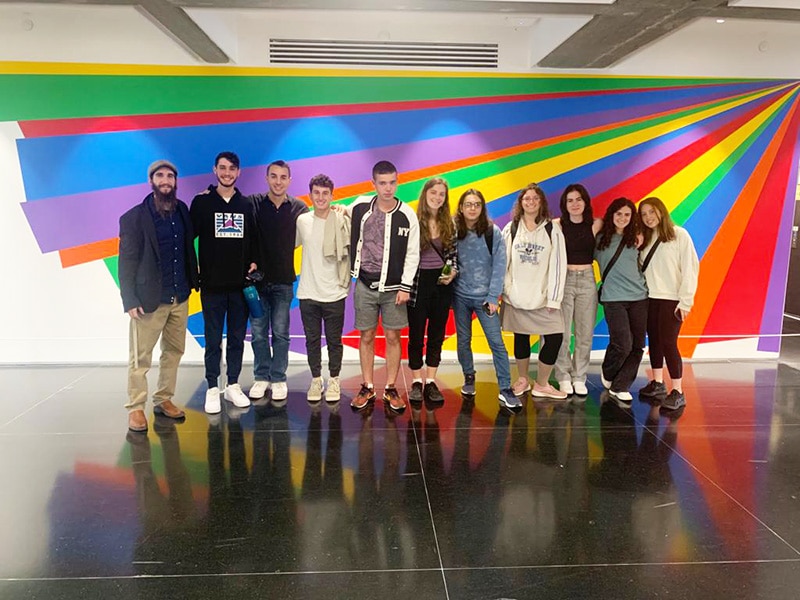In this week’s Torah reading, Pharaoh finally lets the Jewish people leave Egypt following the final plague.. Almost immediately, he regrets his decision and pursues them with a large army. At this point, the wondrous separation of the Reed Sea occurs. The Jewish people make it across before the walls of the Sea return to their normal condition, plunging horse and rider to the depths. For many, this is arguably one of the greatest miracles in the entire Five Books of Moses.
The founder of the Chabad dynasty, known as the Alter Rebbe, disagrees with those who argue that this is such a great miracle. For him, it is not nearly as miraculous as, for example, this very moment. How could he make such a bold claim?
The Alter Rebbe brings an example to support his assertion. Consider the case of a carpenter. He chops down a tree, takes the wood, cuts it into pieces, and uses it to fashion a table. He then sends the finished product to a consumer in another town. The carpenter used resources that were all already in existence to make the table. Moreover, the finished table is not reliant or dependent on the carpenter any longer after it is fashioned and sent away. In like manner, at the Reed Sea, G-d used things that were already in existence to produce the wondrous feat. The Jews, the Egyptians, the eastern wind, the gravitational pull of the moon, the ocean’s surface, and the sea itself; all of these elements were already in existence. Just as the carpenter used materials that were already in existence to produce the table, so too did G-d use all of the elements already in existence to produce the Splitting of the Sea.
In stark contrast, the Alter Rebbe argues that an even more amazing miracle happens each and every moment. Every single moment, G-d brings the world into being ex nihilo. He creates something from nothing; a true wonder. Moreover, each and every moment is dependent on G-d. Were G-d to halt His continual vivification and recreation of the world, it would return to absolute nothingness.
So often we look at events in the past and think how lucky people were to have witnessed that sight; to have experienced such a scene. Their fixation on the past casts a shadow that prevents them from seeing what is in front of them at this very moment. In truth, there is no greater gift than the present. Nothing is as miraculous as right here and right now. It is even more wondrous than the Splitting of the Sea. May we merit internalize this idea and fully live in the present!
– Rabbi Liad Bradue


















